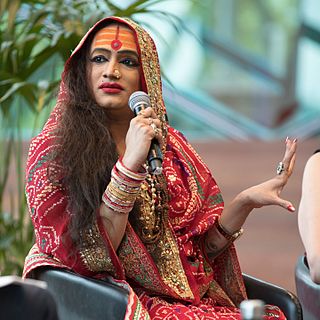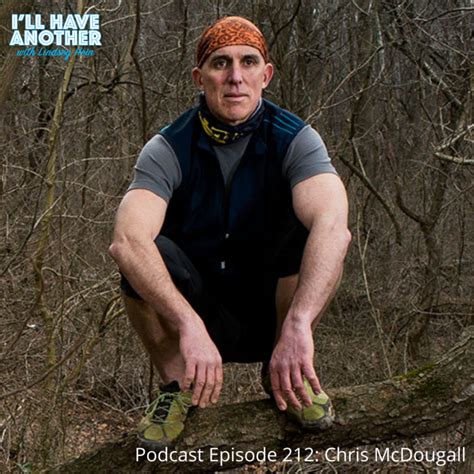A Quote by DeRay Mckesson
Black people have always been more than our pain. The joy is so much a part of how we have survived and thrived.
Related Quotes
As a black person on the outside, because there's so much black art and so much of black people's work circulating, so many people imitating what black people do, you would think that there'd be more black people on the business side. It didn't cross my mind that every label head, for the most part, is a white guy.
I've overcome a lot - sexual abuse, death of a loved one, bad parents and experienced life. My nature is such I not only survived all this but I have thrived. I've always been psychologically ambitious in that I've never been willing to settle emotionally for anything less then what's needed. I've wanted more then that from life.
There is not a history of black intellectuals being allied with dominant forces to hold white people in social and cultural subordination for a few centuries. Second, the "our" of black folk has always been far more inclusive that the "our" of white folk. For instance, there would have hardly been a need for "black" churches if "white" churches had meant their "our" for everybody - and not just white folk. But "our" black churches have always been open to all who would join. The same with white society at every level.
"Black culture" is ready for whatever. I sense some momentum and excitement around black artists (especially in comedy, which is where most of my own art resides), really pushing the bounds of what has generally been expected as black. I don't think it's a revolution so much as an exposure of what has always been there, and now that the production and distribution means are more accessible, people can more easily find each other.
Actually we've had a black bourgeoisie or the makings of a black bourgeoisie for many more decades.In a sense the quest for the emancipation of black people in the US has always been a quest for economic liberation which means to a certain extent that the rise of black middle class would be inevitable. What I think is different today is the lack of political connection between the black middle class and the increasing numbers of black people who are more impoverished than ever before.
The people who want to be segregated are part of a different generation, and they have lived their lives. They are the stakeholders and guardians of the culture. Historically, the British tried to erase them from their land, but they survived. They survived the non-acceptance of the government, so they have always been very secretive. They have created a barrier, which they don't want to lose.
I believe that it would be almost impossible to find anywhere in America a black man who has lived further down in the mud of human society than I have; or a black man who has been any more ignorant than I have; or a black man who has suffered more anguish during his life than I have. But it is only after the deepest darkness that the greatest joy can come; it is only after slavery and prison that the sweetest appreciation of freedom can come.
Sorrow is so woven through us, so much a part of our souls, or at least any understanding of our souls that we are able to attain, that every experience is dyed with its color. This is why, even in moments of joy, part of that joy is the seams of ore that are our sorrow. They burn darkly and beautifully in the midst of joy, and they make joy the complete experience that it is. But they still burn.





































